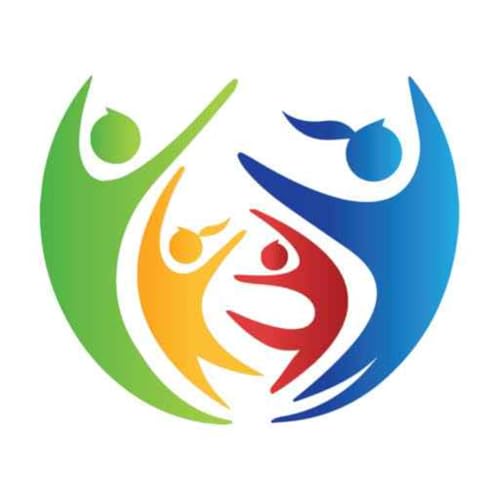
The Evolution of Physical Literacy in Education with IPLA Chairman - Nigel Green
Failed to add items
Sorry, we are unable to add the item because your shopping cart is already at capacity.
Add to basket failed.
Please try again later
Add to Wish List failed.
Please try again later
Remove from Wish List failed.
Please try again later
Follow podcast failed
Unfollow podcast failed
-
Narrated by:
-
By:
About this listen
In this episode of the International Physical Literacy Association podcast, host Kirk Bowyer, along with co-host Natalie Weir, engage in a conversation with Nigel Green, the chairman of the association.
They explore the concept of physical literacy, its evolution in education, and its impact on health and community. Nigel shares his personal journey in physical literacy, the importance of PE teachers, and the areas where physical literacy can make the most significant impact.
The discussion also touches on the challenges faced in promoting physical literacy and the need for quality in education and practice.
Key Takeaways
- Physical literacy starts from a young age and is influenced by family and environment.
- The term 'physical literacy' gained prominence in Nigel's life in 2009.
- Margaret Whitehead's interpretation of physical literacy emphasizes solid philosophies.
- Physical literacy is about providing opportunities for young people to be active.
- PE teachers play a crucial role in fostering physical literacy in schools.
- There is a need for better training for primary school teachers in physical education.
- Youth sport can be negatively impacted by coaches' and parents' attitudes.
- Health practitioners can benefit from integrating physical literacy into their practices.
- Social prescribing is an effective approach to promote physical activity.
- Quality in teaching and practice is essential for the success of physical literacy initiatives.
Hosted on Acast. See acast.com/privacy for more information.
No reviews yet
In the spirit of reconciliation, Audible acknowledges the Traditional Custodians of country throughout Australia and their connections to land, sea and community. We pay our respect to their elders past and present and extend that respect to all Aboriginal and Torres Strait Islander peoples today.



